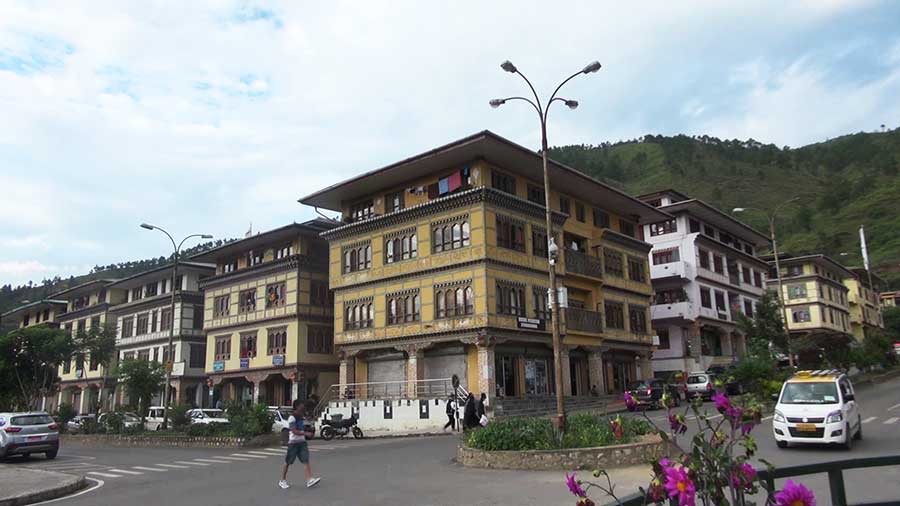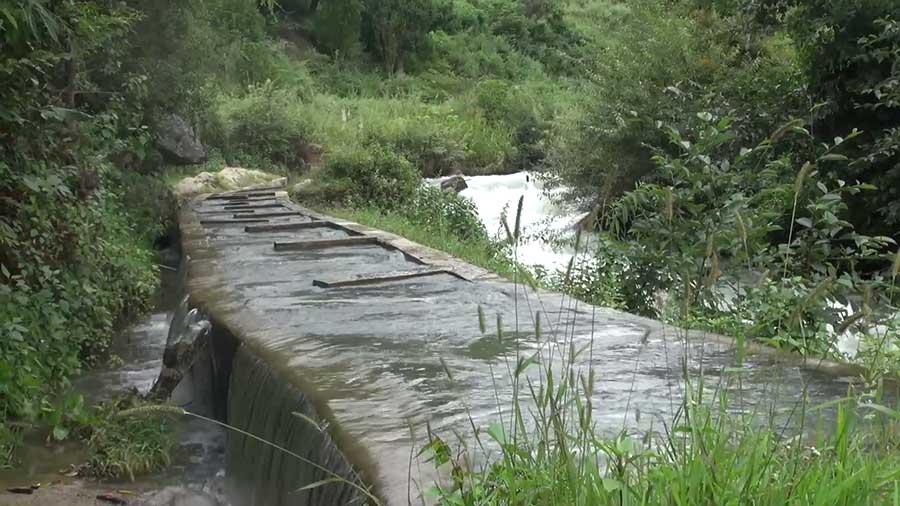
Residents of Bajo town and those residing in the town’s periphery in Wangdue Phodrang will have to wait for another two years to access safe drinking water. This is because the district officials didn’t submit the project’s proposal to the government on time. Moreover, the government and the erstwhile Gross National Happiness Commission recommended the district carry out the project in the next Five-Year Plan.
As per the project, safe drinking water will be supplied from a stream in Wakha-Shong in Bjena Gewog in Wangdue Phodrang. It is located around 25 kilometres from Bajo town along the Wangdue Phodrang-Trongsa highway.
The water at the identified source is found to be safe, and adequate for residents of Bajo town and nearby areas. Bajo town alone has more than 30,000 people.
The project was supposed to start by July this year and complete by this time next year. But the work got delayed and it will begin by next year.
“Firstly, we were late in submitting the project proposal to the government. Secondly, after discussing with the government and erstwhile Gross National Happiness Commission, they have recommended us to carry out the work in the next 13th Five-Year Plan. Moreover, we had to carry out the paper-works such as cost estimation and other formalities before starting the project,” said Jigme Dorji, Planning Officer.
He added that the project is now ready with all the documents. He says even the budget for the project is confirmed and will be carried out by the government under the Water Flagship Programme. It is estimated to cost around Nu 184 M.
“Most people might be thinking that we do not have the budget for the project. But that’s not true. We have the budget for the project. It is just a matter of time. Therefore, we can start the work on the Wakha-shong water supply project by July next year,” said Jigme Dorji, Planning Officer.
 While patiently waiting for the new water supply, residents said the existing water supply is not safe for consumption.
While patiently waiting for the new water supply, residents said the existing water supply is not safe for consumption.
The current water supply is contaminated. The source is located on the base of Kazhi, Phangyul, and Nyisho gewogs. Wastewater from the villages in this gewogs is drawn into the source making it filthy. The water quality gets worse during the rainy season.
“We are facing a shortage of clean drinking water. We fetch spring water from nearby sources for drinking purposes. Everybody knows about the consequences of drinking contaminated water and it will incur huge loss to the government when we face health problems,” said Kencho Namgay, a resident.
“I was here since 2010. We didn’t get clean drinking water even once. Water is muddy from the source. Earlier, the problem arose during monsoon, but now it happens even during winter. We cannot drink the water,” said Buddha Bir Rai, another resident.
As an alternate measure, the district administration is exploring additional water sources for the residents of Bajo town till the completion of the new water supply.
“We have spring water near the town. We will supply half of the water to the residents by constructing a reservoir. The other plan is to pump the groundwater and supply it,” said Jigme Dorji, Planning Officer.
For decades, the residents have been struggling for clean water and with the project delayed they might have to wait longer.
Changa Dorji, Wangdue Phodrang
Edited by Tshering Zam









